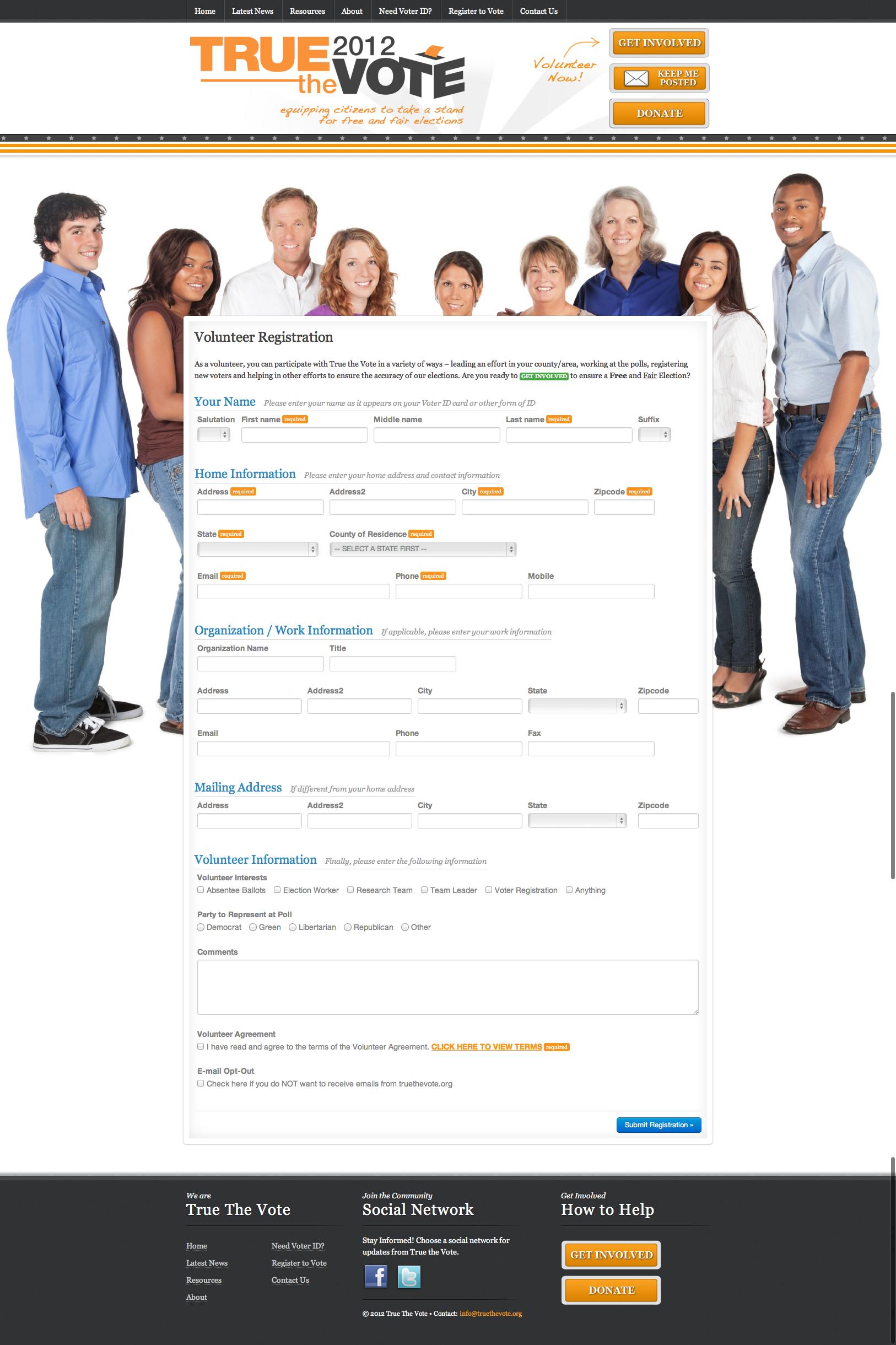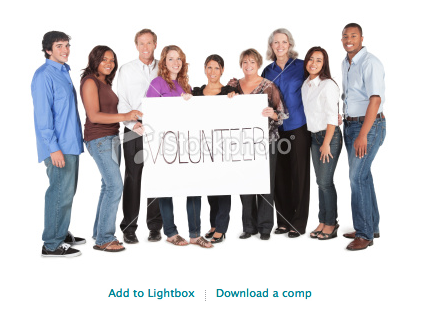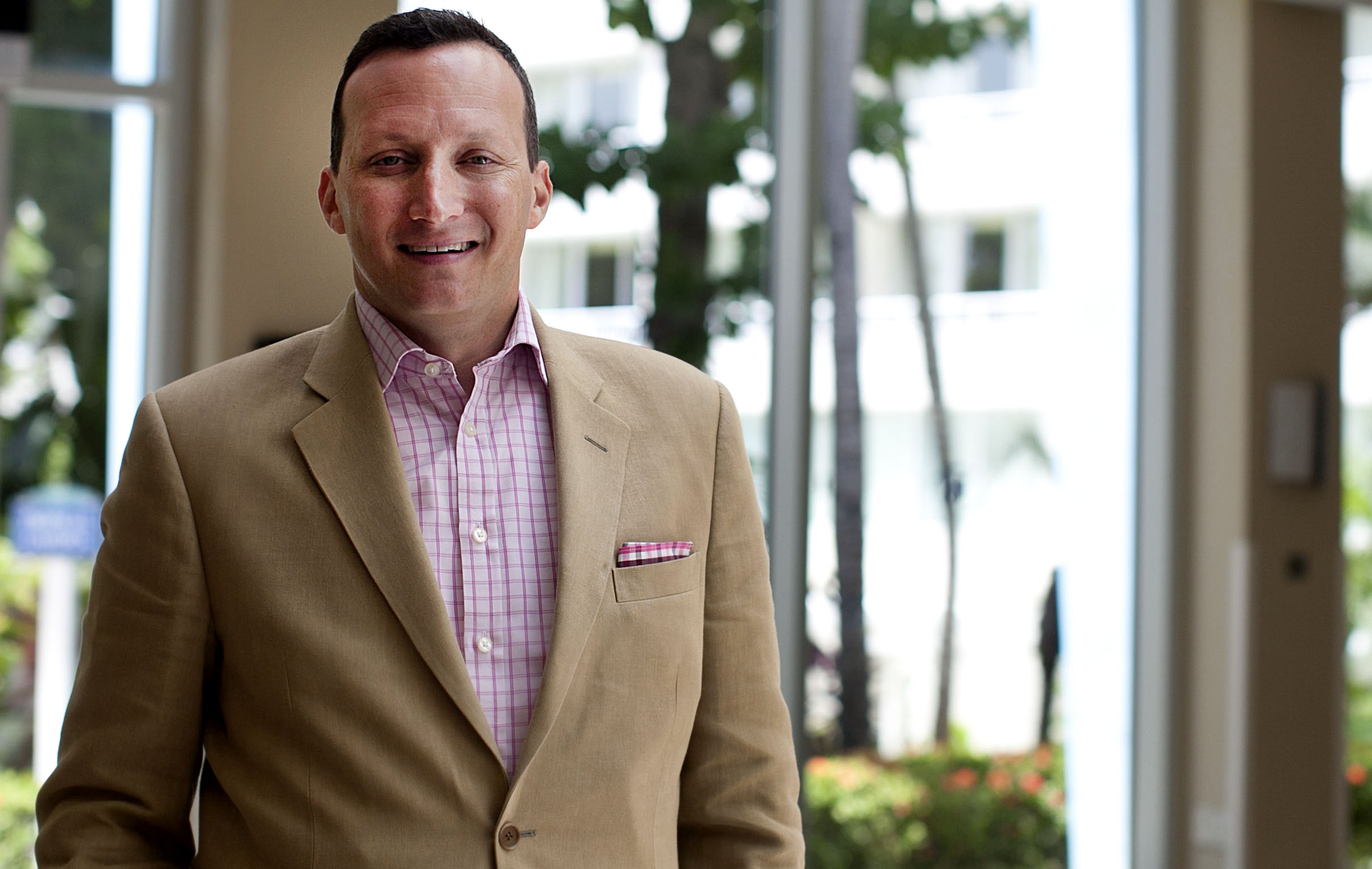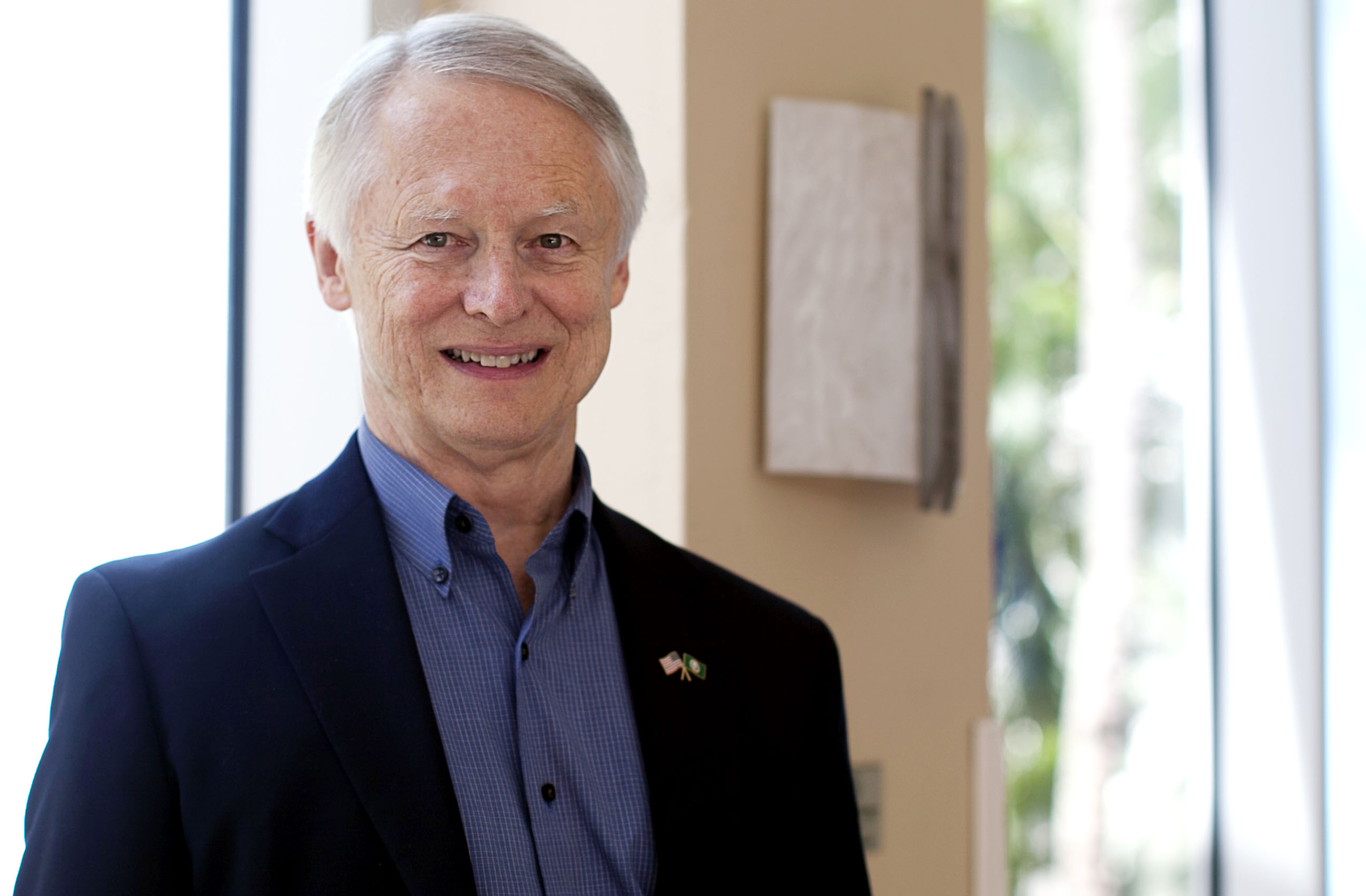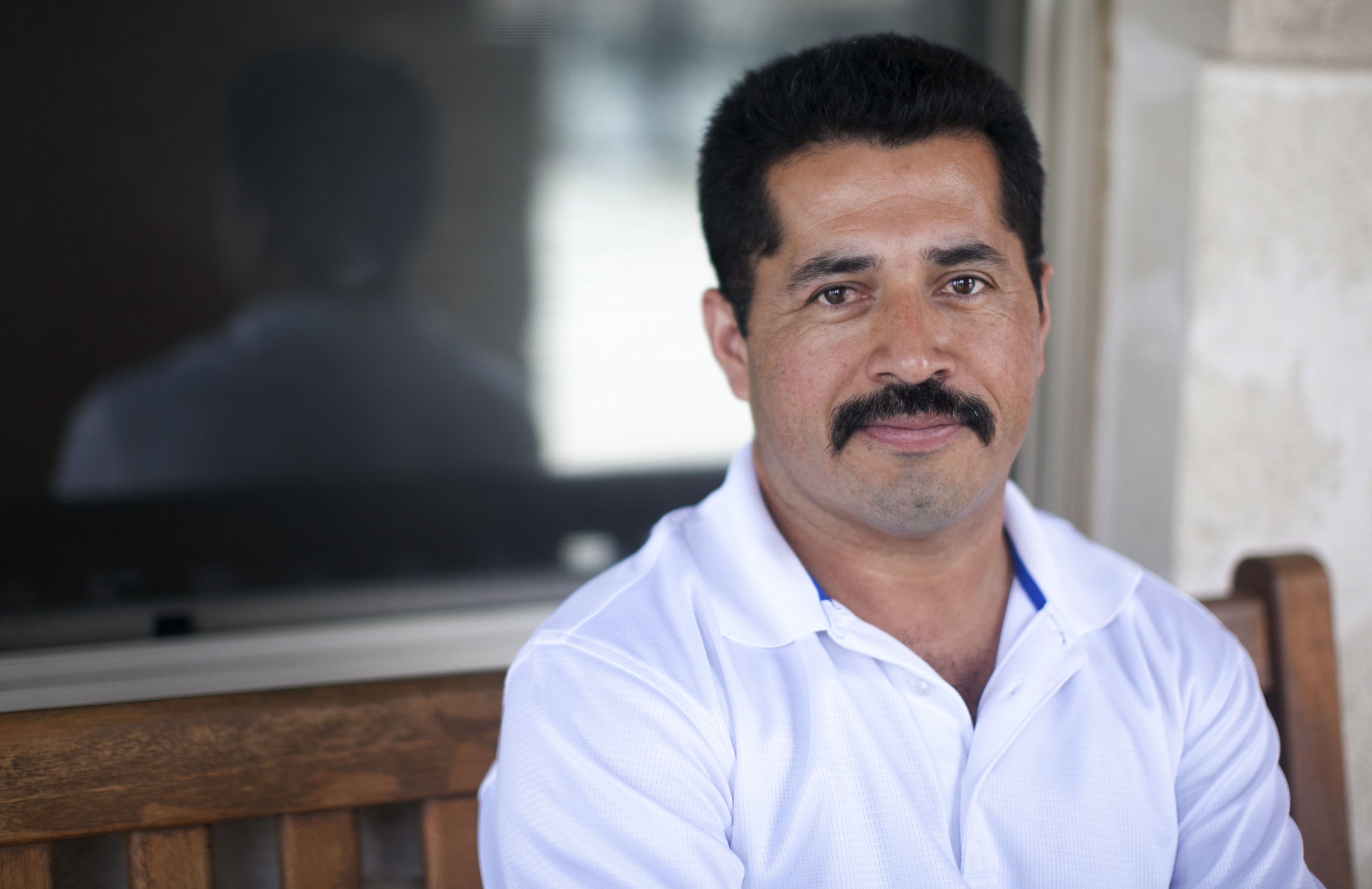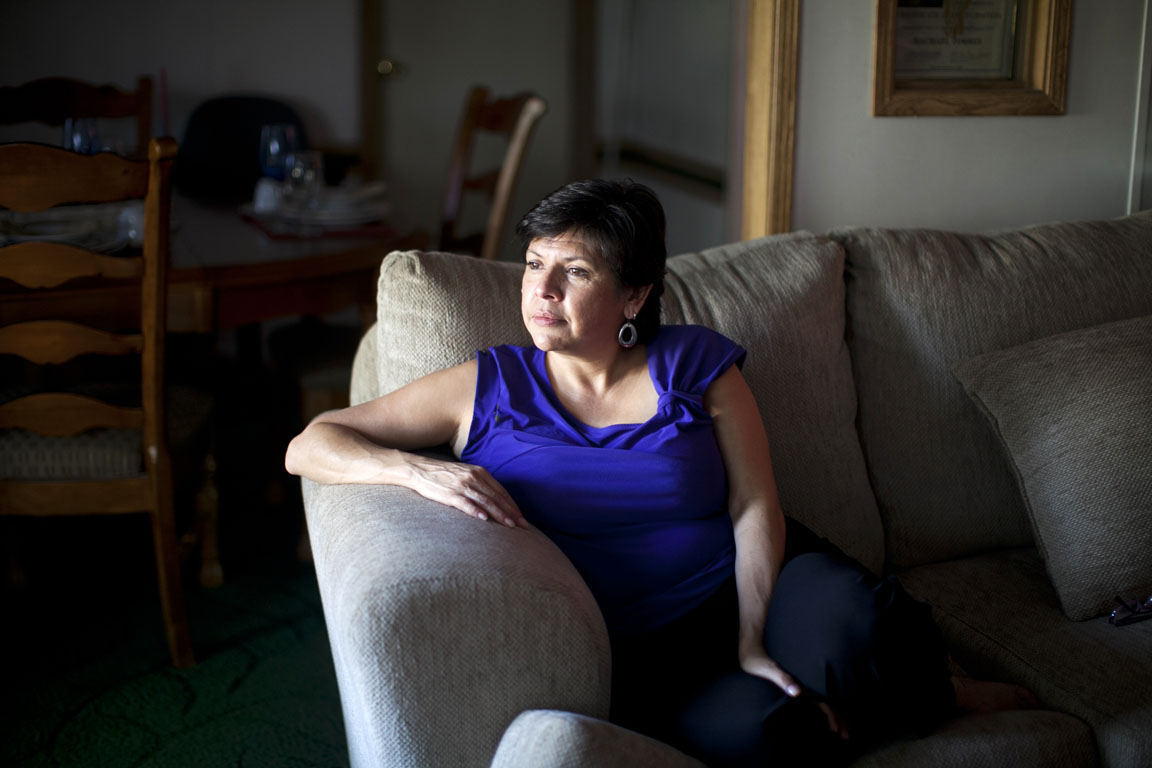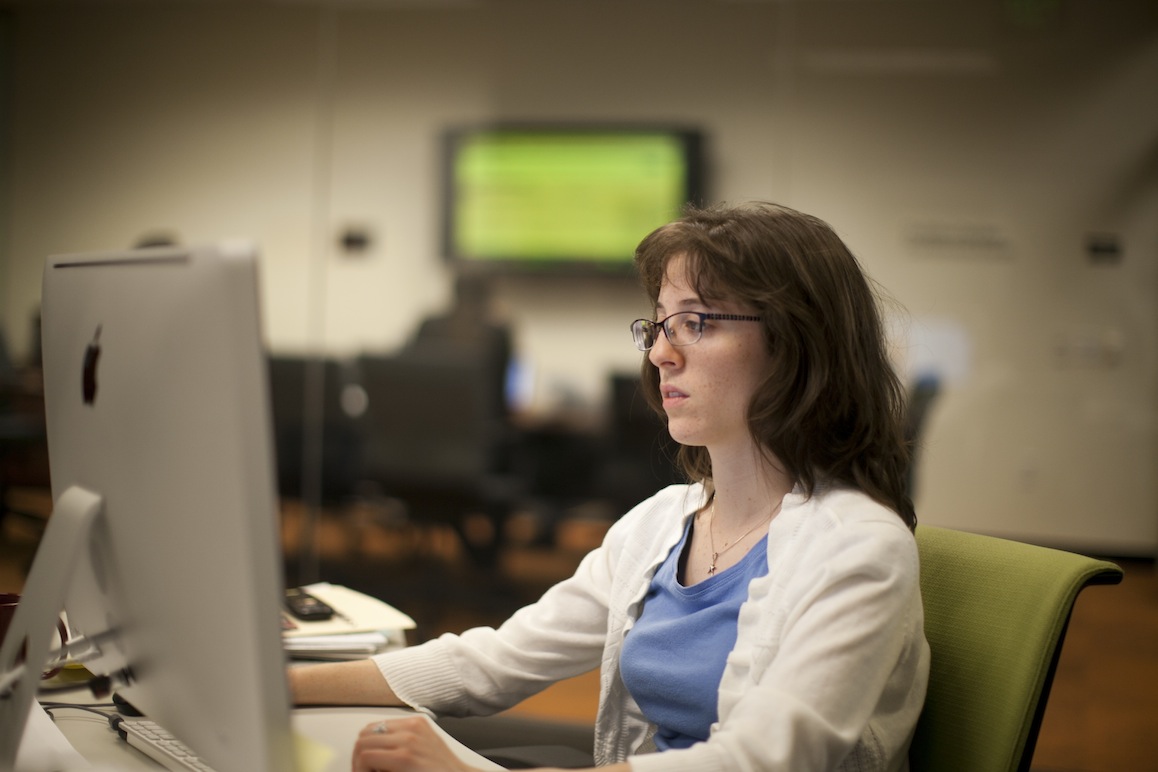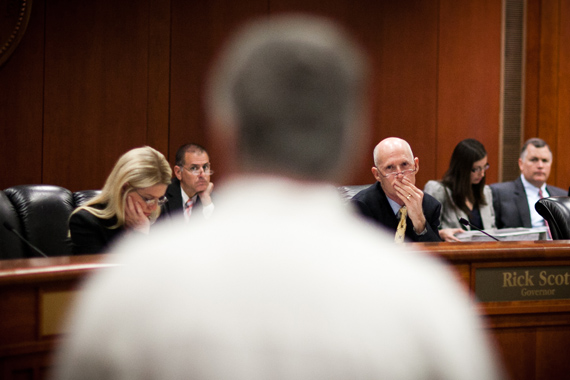If you follow voting rights, you’re likely watching Texas as a three-judge federal court in Washington, D.C. determines whether the state’s controversial voter ID bill disenfranchises minorities.
Texas also is the birthplace of True the Vote, a Houston-based, Tea Party-backed group that trains poll watchers and volunteers to investigate voter rolls across the country looking for questionable registrations.
Texas Democrats say True the Vote’s activities could intimidate minority votes, pointing to a contentious November 2010 election where the group’s poll watchers were accused of harassing voters in some of Houston’s minority neighborhoods. True the Vote founder Catherine Engelbrecht denies her poll watchers harassed anyone, and says the group is nonpartisan and dedicated to “free and fair elections.”
Engelbrecht also says her volunteers and poll watchers are diverse, representing all ethnicities and political ideologies. The volunteer registration page on True the Vote’s website communicates a diverse group of people smiling for the camera.
But a closer look reveals the image is a stock photo, owned by iStockphoto.com and titled: “Diverse Group of People Holding Volunteer Sign”:
News21 asked True the Vote multiple times for specific information about its demographic makeup, and Engelbrecht offered this response:
“That photo was chosen because it represents the American people,” Engelbrecht said in an email, adding that a similar photo is also used by The Voter Participation Center, a group aimed at engaging unmarried women in the electoral process.
By AJ Vicens, News21

